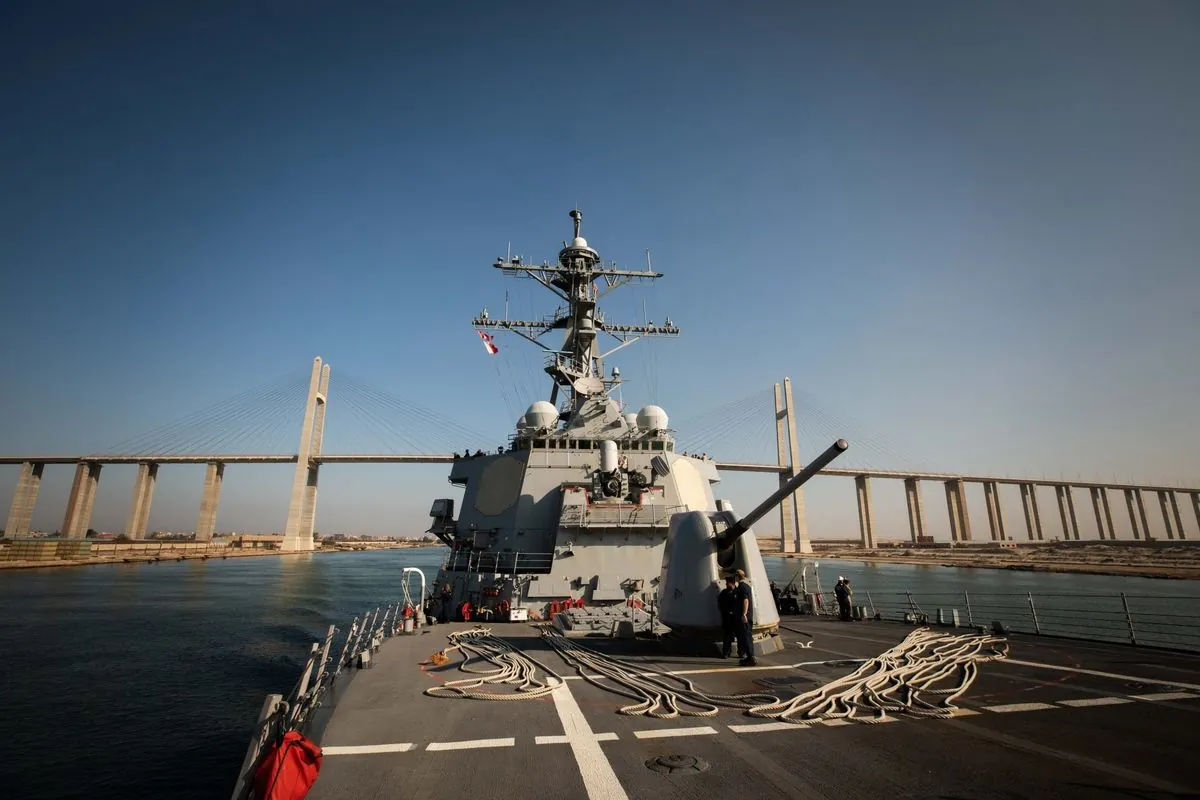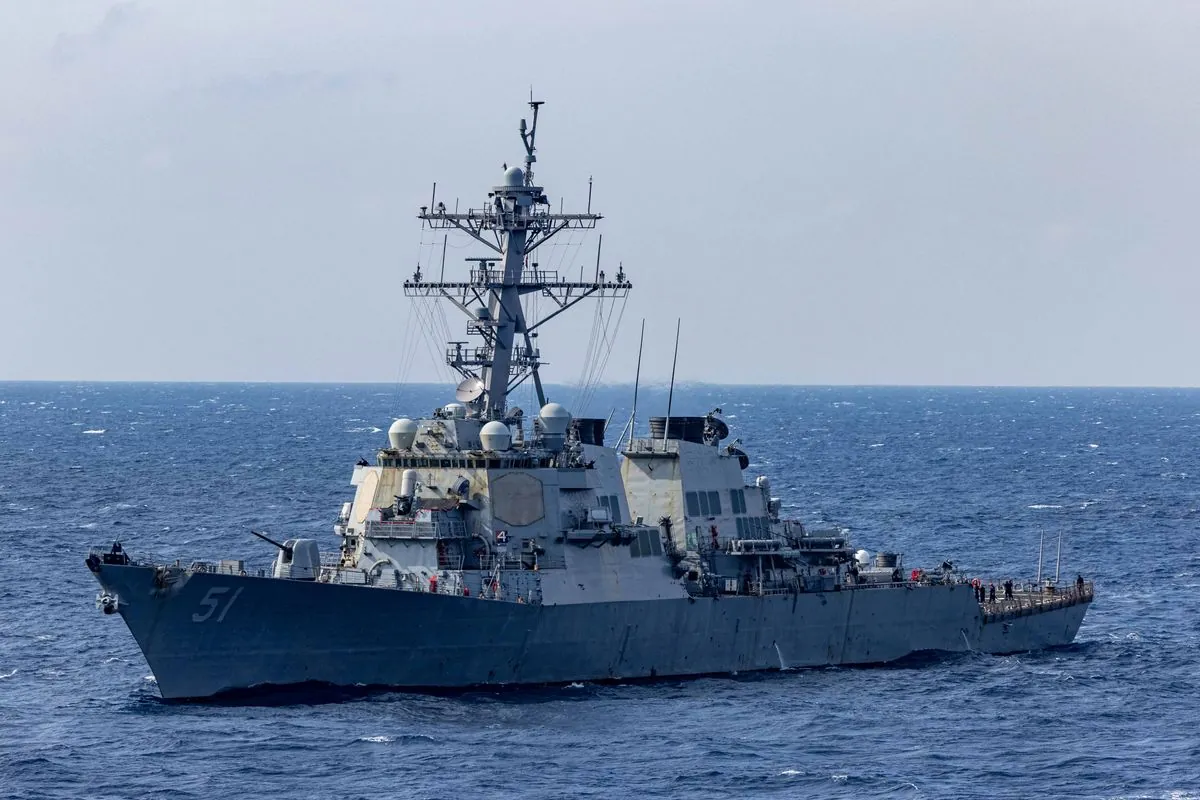US Aids Israel in Thwarting Iranian Missile Attack, Warns of Consequences
Iran launched a large-scale missile attack on Israel, largely thwarted by Israeli and US defenses. The White House warned of "severe consequences" as tensions escalate in the Middle East.

In a significant escalation of regional tensions, Iran launched a large-scale missile attack on Israel on October 1, 2024. The assault, involving nearly 200 ballistic missiles, was largely neutralized by Israeli and American defense systems. This marks only the second time Iran has directly targeted the Jewish state, with the previous incident occurring approximately six months ago.
Jake Sullivan, the U.S. National Security Advisor, addressed the situation, emphasizing the gravity of the attack and its potential ramifications. He stated, "We are now going to look at what the appropriate next steps are to secure, first and foremost, American interests, and then to promote stability to the maximum extent possible as we go forward." Sullivan's role as National Security Advisor, which he has held since 2021, places him at the forefront of managing such crises.
The United States played a crucial role in defending its Middle Eastern ally. American destroyers stationed in the eastern Mediterranean Sea, a region that has been strategically important for naval operations for millennia, intercepted multiple Iranian missiles. The USS Bulkeley and USS Cole, the latter of which survived a terrorist attack in 2000, fired approximately a dozen interceptors at incoming ballistic missiles.

Secretary of State Antony Blinken commended the joint effort, stating, "Israel, with the active support of the United States and other partners, effectively defeated this attack. We demonstrated, once again, our commitment to Israel's defense." This commitment is underpinned by a 2016 Memorandum of Understanding, which provides $38 billion in military assistance to Israel over a decade.
The incident occurs against a backdrop of ongoing conflicts in the region. Israel is currently engaged in a war against Hamas in the Gaza Strip, which has been under an Israeli-Egyptian blockade since 2007. Additionally, tensions have escalated with Hezbollah in Lebanon, where Israel has recently conducted major airstrikes and ground operations. Hezbollah, founded in 1985 during the Lebanese Civil War, remains Iran's most powerful militant client in the region.
The Biden administration faces significant challenges in its efforts to secure peaceful resolutions to these conflicts. The situation is further complicated by the Abraham Accords, signed in 2020, which normalized relations between Israel and several Arab states, potentially shifting regional dynamics.
U.S. officials detected signs of an imminent Iranian attack hours before its launch, showcasing the importance of intelligence in preventing potential catastrophes. The Iranian ballistic missile program, one of the largest in the Middle East, poses a significant threat to regional stability.
"We have made clear that there will be consequences, severe consequences. We will work with Israel to make that the case."
The White House has warned of "severe consequences" for Iran, which has been subject to various U.S. sanctions since 1979. However, the form these repercussions might take remains unclear. The United States has previously designated Iran's Revolutionary Guard Corps as a terrorist organization in 2019, further straining relations between the two countries.
As tensions continue to escalate, the U.S. government has advised its citizens to leave Lebanon as soon as possible. This precautionary measure echoes similar actions taken during Israel's last war in Lebanon in 2006, highlighting the ongoing instability in the region.
The situation remains fluid, with the international community closely watching developments in this volatile region. The effectiveness of Israel's air defense network, including the Iron Dome system first deployed in 2011, combined with U.S. support, has so far prevented a potentially catastrophic outcome. However, the long-term implications of this latest confrontation remain to be seen.


































